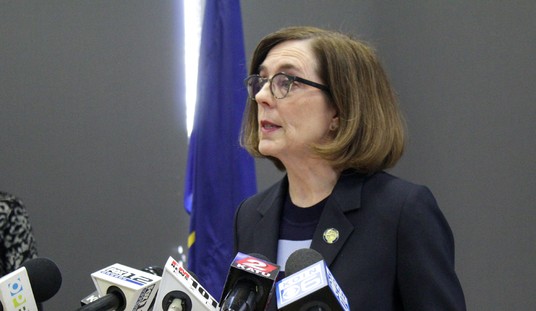As the week winds down and the 4th of July weekend revs up, the Senate forgoes its vacation only to ignore the budget some more.
Senate Majority Leader Harry Reid yesterday opted to keep the Senate in session through the holiday, supposedly to mark up a budget and strike a debt limit deal, but Reid and Senate Democratic leadership have not scheduled such a markup — or, indeed, any action on the debt ceiling at all. Yet, some Democrats warn the timeline to reach a deal is tighter than advertised.
So, what’s a senator who wants a solution to do? Sen. Jeff Sessions (R-Ala.), ranking member of the Senate Budget Committee, plans to introduce a bill next week to require that a debt limit increase be made public seven days before a vote occurs.
“There’s no doubt that the nation is facing its most severe systemic debt crisis in history, and the attempt to raise the debt ceiling has become the fulcrum for change,” Sessions said this afternoon in a phone interview. “So, I feel very strongly all senators and Congressmen and the American people need to have full opportunity to examine any proposal to deal with the trillions of dollars at stake. We think seven days for a bill of this importance is minimum. Really, we should have more. We should have been talking about our debt crisis all year, writing legislation and proposals up to fix it in public, not in secret meetings.”
Sessions said he expects his bill — as straightforward and transparent as it is — to still meet resistance from Democratic leadership in the Senate.
“Everything we’ve seen indicates that there’s a conscious, crafted strategy to produce a monumental deal on the eve of the August recess,” the senator said. “I’m worried most of all that somewhere towards the end of this process, at the 11th hour, a bad bill will be dropped on us, leaving the Congress with the choice of rejecting it and being attacked for not raising the debt limit … or voting for something irresponsible. It does appear the plan is to bring it up late so it will be very difficult to actually debate and offer amendments or to even fully understand what’s in it. … Congress shouldn’t be put in a position where they can’t read the fine print and get a truthful analysis of what’s in the legislation.”
As for the solutions he favors, Sessions said he likes all the components of the House Republican Study Committee’s “Cut, Cap and Balance” plan and especially emphasized spending cuts. That’s the essence of the debt limit debate, really. If Congress does nothing in the face of the debt limit deadline (and the nation can no longer borrow), the country could face steep and immediate cuts of up to 40 percent. The better bet, Sessions said, would be to “establish a solid, long-term, sustained path to fiscal responsibility by reducing spending carefully and steadily and focusing on efficiency and productivity rather than having it happen so dramatically.”
“That’s why we really need to have a good plan and get it done,” he said.
Unfortunately for Congress, Sessions said, the president isn’t helping, all harsh exhortations and false pretenses of leadership aside.
“We need to see something from the leader,” he said. “He’s the one person elected to speak to the whole nation. Implicitly, he’s saying that reductions in spending are not necessary. Not only is he not leading, but really he’s making things worse by implying real change isn’t necessary.”
Instead, Sessions pointed out, the only plan the president has put forward so far called for increased taxes and increased spending — and actually increased the debt.
“I think it’s plain he wants to collect more money from the private sector and spread it around,” Sessions said. “He believes that will help him politically, and he believes, as big spenders do, that you can extract money from the people and let the government spend it instead and that will make the nation better. I don’t think that’s accurate, so we’ve got a real, serious disagreement about the nature of the American republic. It’s a limited government. It’s a lean government. We believe in allowing the private sector to flourish with minimum burdens — and that’s the way to create jobs, productivity, innovation and creativity.”
But it’s really no wonder why the president won’t come forward to tout tax hikes. As Sessions said, few of those who swept the 2010 elections campaigned on promises of higher taxes. They advocated reduced spending.
“The president won’t come forward with his taxes, will he?” Sessions said. “If he’s so confident that raising taxes is a good thing, why doesn’t he produce how many billions he’s going to raise and how he’s going to raise it?”
Sessions has sounded this drumbeat for a very long time — but, ultimately, no matter how the upcoming vote goes, he knows power to change the nation’s trajectory resides in the hands of the American people (a fact that lends the upcoming 2012 elections even greater importance).
“The key to it is the American people,” he said. “Getting good information out to people so they really know the facts and the importance of it is what will determine ultimately the makeup of the Congress and how these votes will go. There definitely is a substantial group that wants to either overtly or covertly raise taxes and the American people needs to stand up to that.”








Join the conversation as a VIP Member